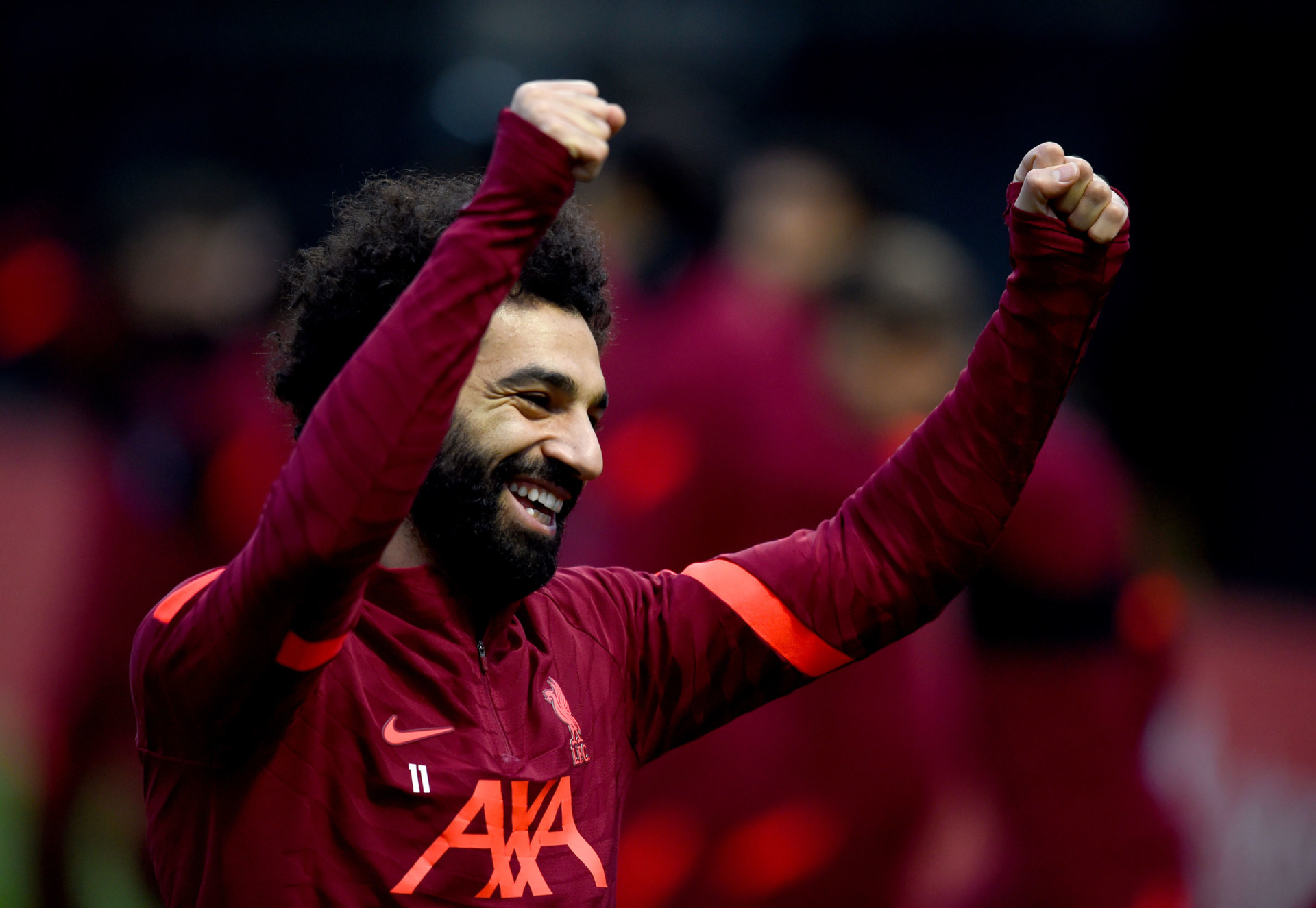Spotlight is a newsletter about underreported cultural trends and news from around the world, emailed to subscribers every Monday. Sign up here.
Two separate incidents involving major Egyptian soccer players have sparked a debate online and in the mainstream press on the role of religion in society:
Last week, Mohamed Aboutrika, an Egyptian soccer legend and sports pundit, stoked controversy after he delivered anti-gay remarks in which he urged Muslim soccer players to boycott a Premier League campaign supporting the LGBT community. Aboutrika is on the Egyptian terror list for alleged support of the Muslim Brotherhood but remains a beloved icon of the golden era of Al Ahly, the country’s premier soccer club, as well as the national team.
Mohammed Salah, the Liverpool and Egyptian national team forward, also got in hot water last week in an interview with top media personality Amr Adib. When asked about alcohol, rather than saying he doesn’t drink because it is forbidden in Islam, Salah said he abstains because “it’s not a big deal for me and I don’t gravitate towards it.”
Beyond being an Egyptian superstar, Salah is a global icon whose words and positions are watched far beyond his home country.
In a tweet seen as veiled criticism of the soccer superstar, Egypt’s Dar al-Iftaa, the body charged with enacting religious edicts, said that the act of “not even thinking of carrying out something forbidden is a form of worship.”
Al Azhar, the preeminent center of Sunni learning, also issued a statement on homosexuality, saying normalizing it was a form of “moral decadence.”
What does this mean?
Soccer players in Egypt are often praised for overt and apparent religiosity as a form of morality and setting an example for young members of society. Both Aboutrika and Salah would perform “sajdat shukr,” a prostration expressing gratitude to God, on the field after scoring goals. Anecdotes illustrating their commitment to the faith, such as the fact that Salah’s wife wears the hijab, are seen as praiseworthy and as a proxy for moral rectitude. It contributed to Salah’s meme-worthy nickname, “fakhr al-Arab” (the pride of the Arabs).
This is a double-edged sword, because it creates an image that most celebrities cannot live up to and leads to condemnation when they inevitably fail to adhere to the perfection imposed by public standards.
With respect to Salah, the façade of rectitude had already been slightly pierced.
He has been criticized (and praised) for posting an image two years ago of his family posing in front of a Christmas tree, because many conservatives believe Muslims should not celebrate Christian holidays.
Two months before that incident, he was criticized for posing in a GQ photoshoot with former Victoria’s Secret model Alessandra Ambrosio. The photos were seen as not befitting a conservative Arab man.
Salah’s comments on alcohol were seen as worthy of condemnation because he declined to outright say that drinking is forbidden and to condemn the practice, instead opting to portray it as a matter of personal choice and preference.
Aboutrika’s words, on the other hand, are more closely aligned with general public opinion but have drawn condemnation from more liberal commentators.
Why it matters:
The twin controversies raise questions about both the role of religion in public life and the status of role models in society. Both have provoked debate in Egypt since the country’s experience with Muslim Brotherhood rule. They also raise questions on the issue of personal choice and adherence to broader societal norms that are used to police expressions of personal sentiment.
Salah’s detractors argue that his comments stray from the Islamic orthodoxy that compels an outright rejection of sin and attempts to change or prevent it, rather than casting the issue as a matter of personal choice. Describing the question of whether to drink alcohol as the latter is seen as weakening the consensus.
This tendency manifests in other issues that may seem somewhat esoteric to a Western audience. Take the death by suicide last year of Sarah Hegazi, an LGBT activist who was jailed for raising a pride flag at a concert for the Lebanese group Mashrou’ Leila. After being released, she settled in Canada, where she later killed herself.
Messages of mourning on social media caused a stir, with many social media users condemning those who paid their respects online with the usual prayer “Allah yerhamha” (May God have mercy on her), saying that as she rejected the edicts of the faith by taking her own life, Muslims are obliged not to pray for mercy for her.
Nevertheless, social and mainstream media are both creating an avenue for debate about such matters of religious thought policing and acceptable public opinions, a slight but significant expansion of what’s known as the Overton window, or what is allowable for discourse.



